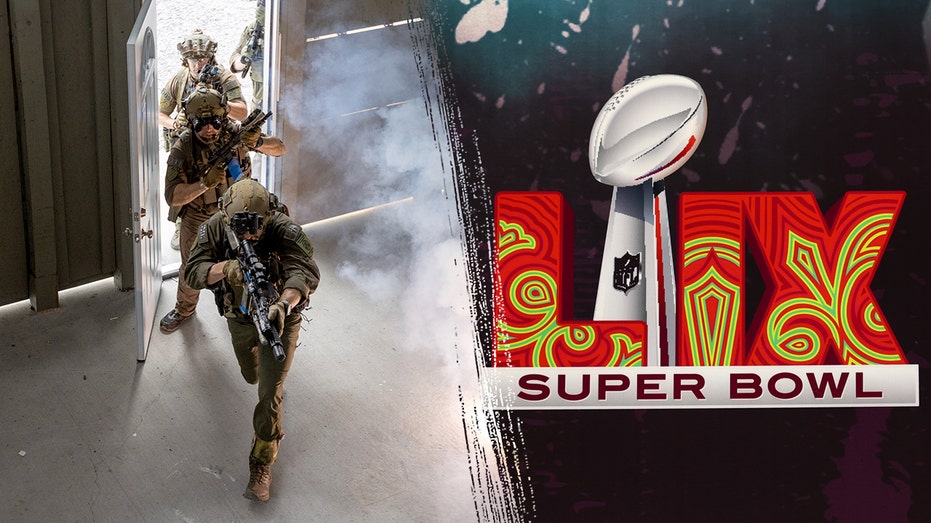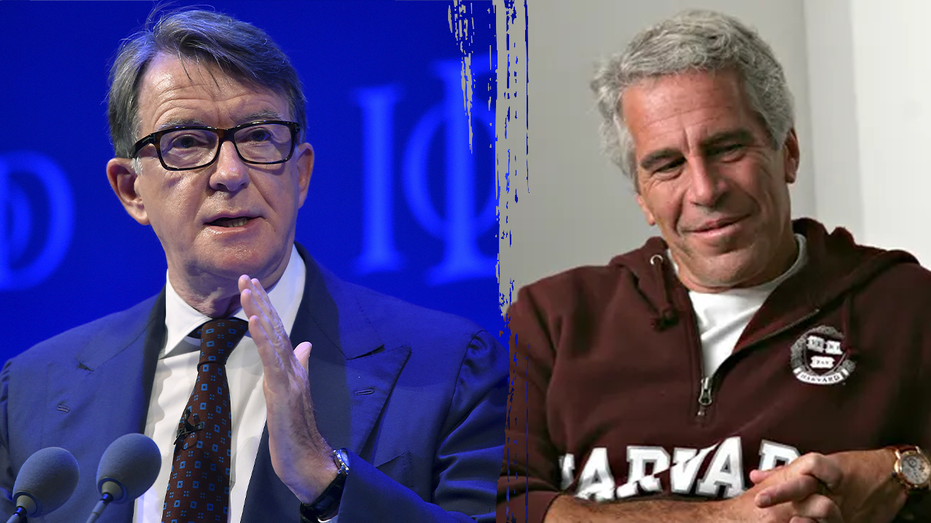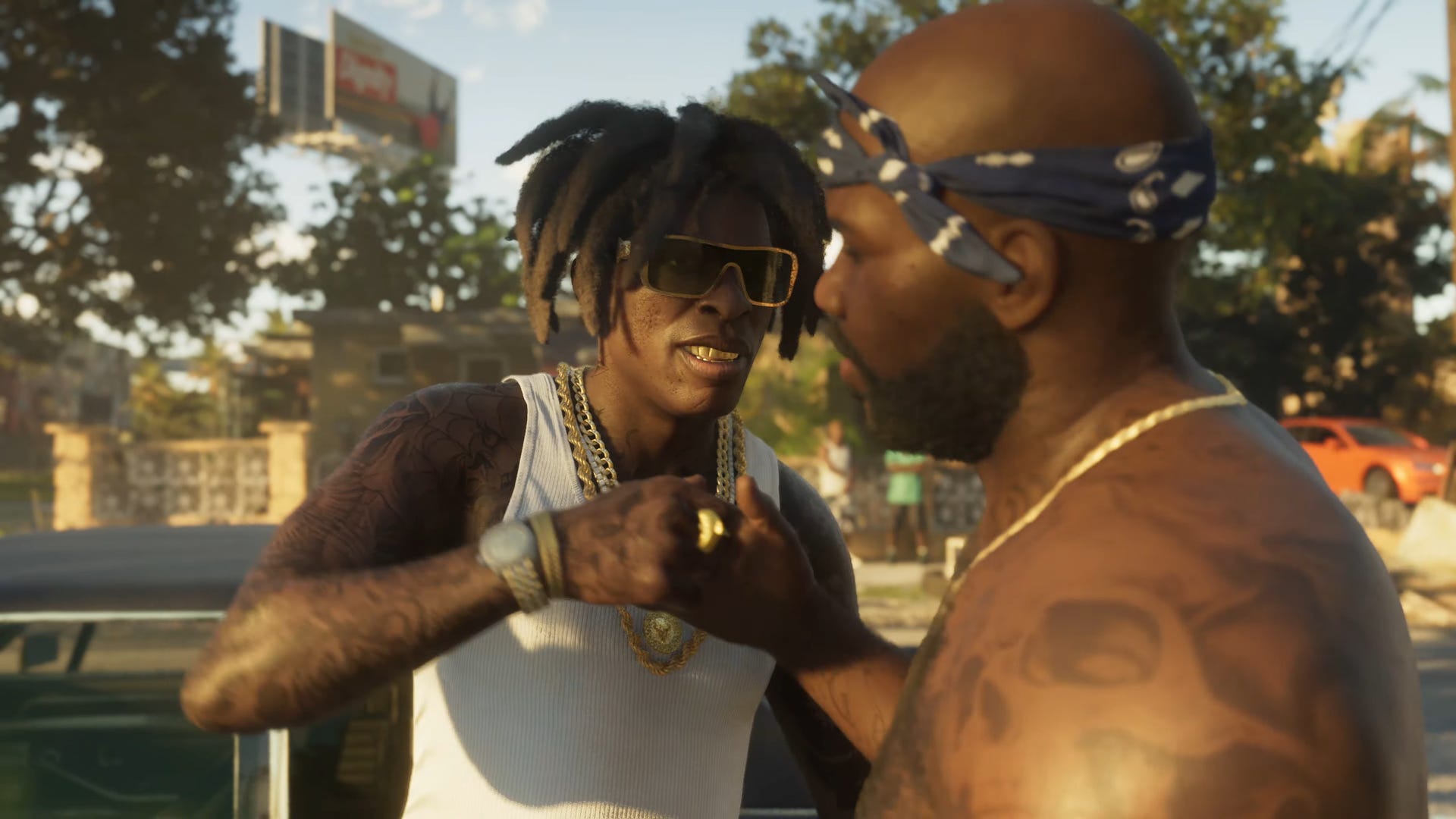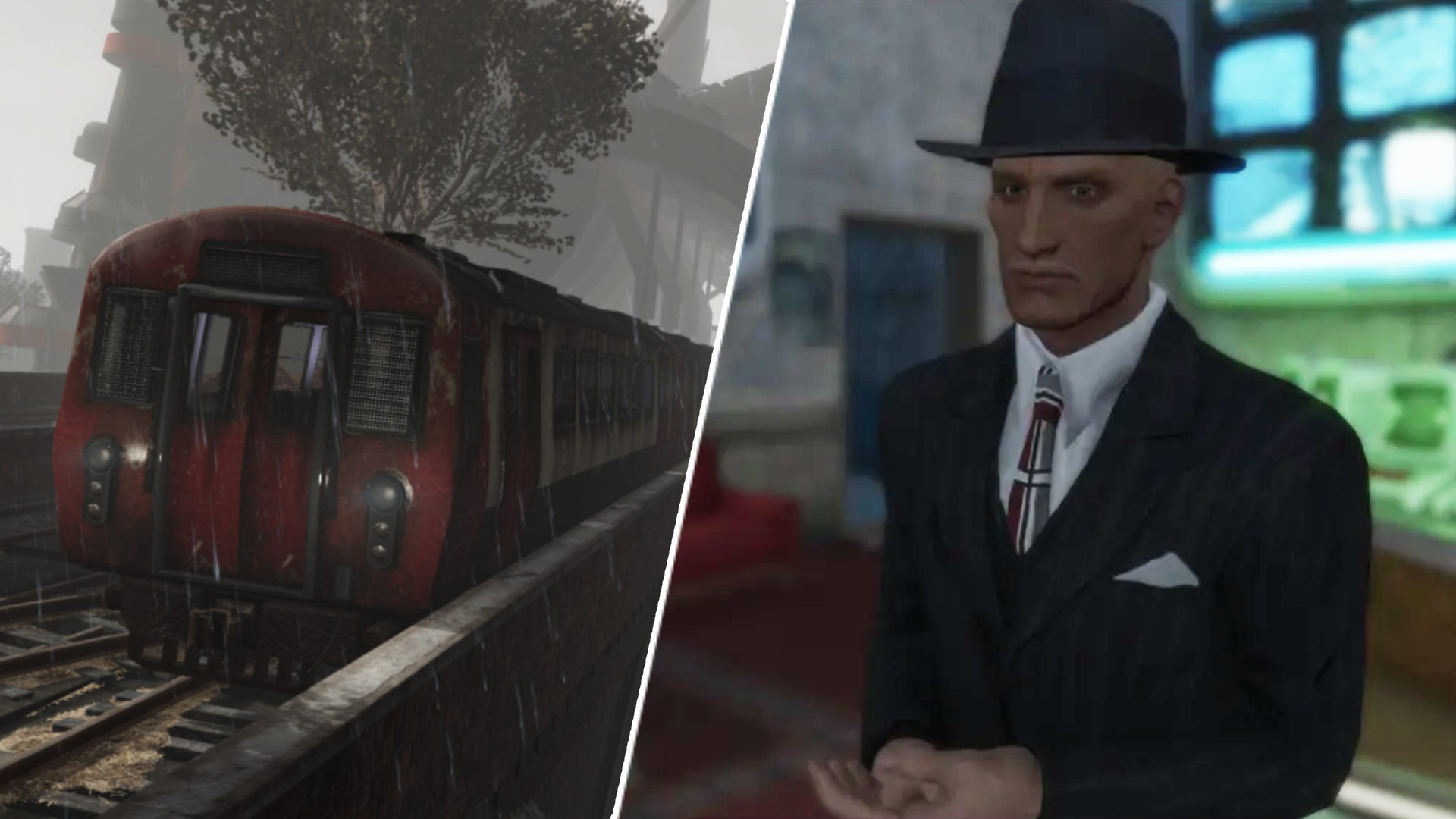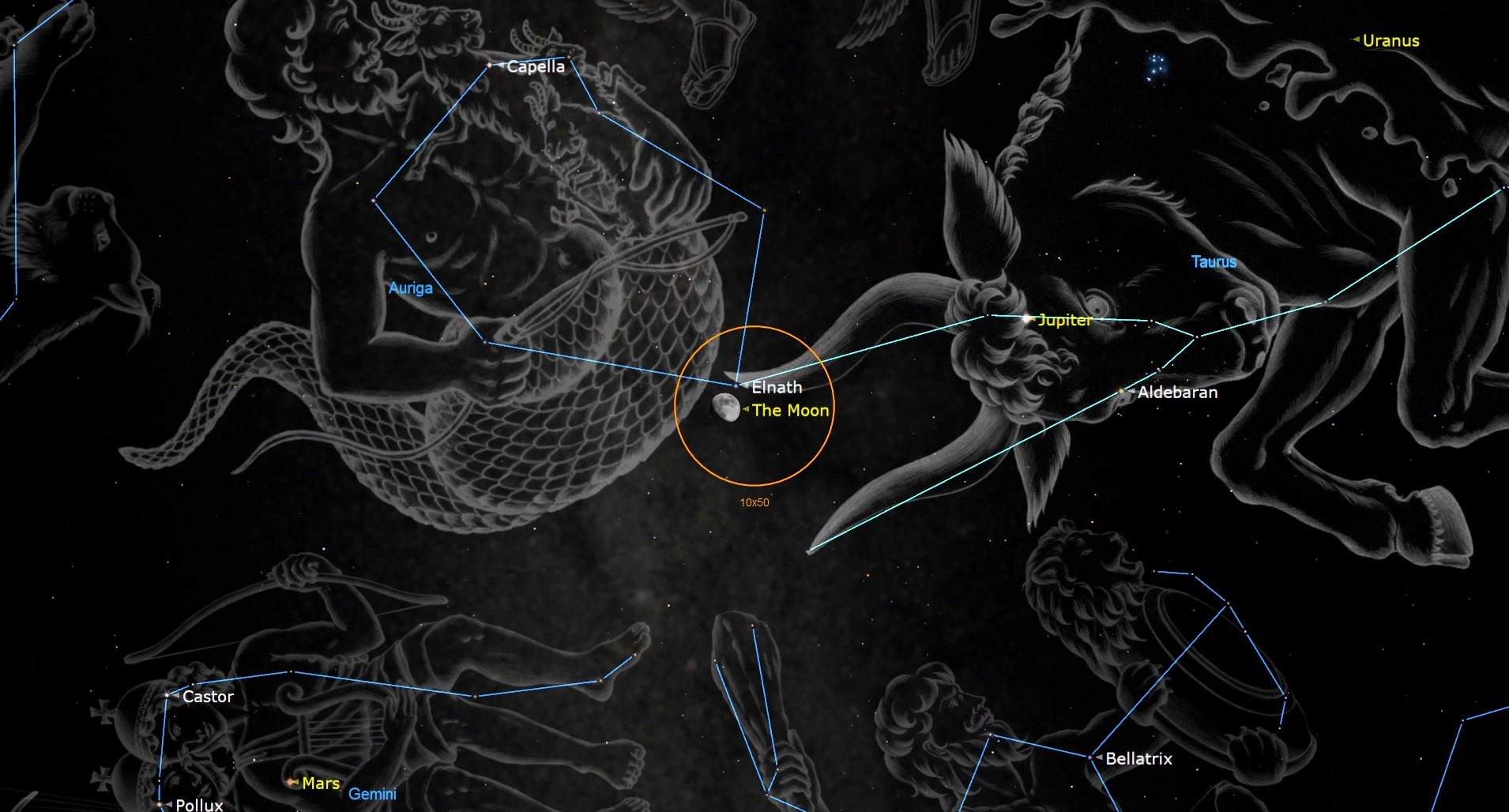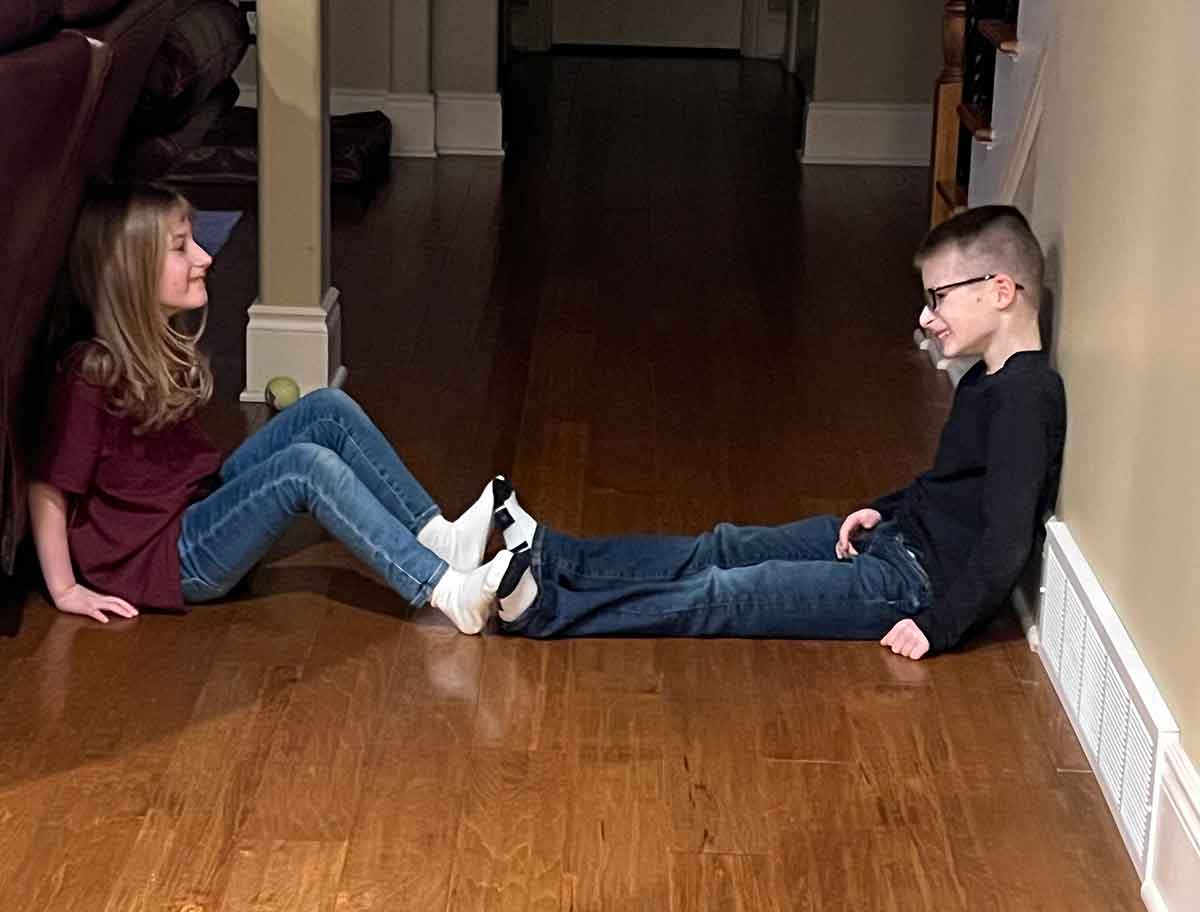Severances Dieter Eagan story is more important than you think
Let's break down the strange tale of Kier and Dieter Eagan from "Severance" Season 2, episode 4, "Woe's Hollow."


"Woe's Hollow" is Severance's biggest swing to date.
The episode swaps Lumon's offices for a snowy trip through the Dieter Eagan National Forest, reveals that Helena Eagan (Britt Lower) was posing as her Innie Helly for the last four episodes, and brutally retires Irving (John Turturro). That's already a lot, and we haven't even talked about the strange "twins" Lumon made of the Innies! (Don't think of them as clones just yet: Severance credits them as "Shadow Mark," "Shadow Helly," and so on.)
At the center of all these game-changing moments lies a disconcerting tale from Lumon founder Kier Eagan's childhood. In the story, he and his twin brother Dieter venture out into the very same woods in which the Innies find themselves. What starts as a story of close brothers ends in tragedy, complete with tree-tinged body horror and some anti-masturbation messaging thrown in for good measure. But Kier and Dieter's journey isn't just more bizarre Eagan propaganda for the Innies to swallow — it also speaks to the Innies' plights as Severed individuals.
What happens in Severance's Dieter Eagan story?
The story of Dieter and Kier is part of the Fourth Appendix to Lumon's Compliance Handbook. (Hopefully Apple releases it in full like they did with The You You Are and The Lexington Letter.) According to Mr. Milchick (Tramell Tillman), Kier dictated the Fourth Appendix in the final hours before his death, and it is "a text of such sanctity that it is forbidden upon the Severed Floor."
In the first story from the Fourth Appendix, a young Dieter persuades Kier to run away to the woods and "live as paupers." During their time in the wilderness, Dieter would often hide in the woods at night to masturbate.
One day, Kier tells Dieter they must return home and continue their work at their father's ether mill. (Child labor alert!) Dieter protests, then turns into a tree in a fairly gnarly sequence involving his eye popping out and sap pouring from the socket. Kier runs to Woe's Hollow's waterfall to drown out the sounds of Dieter's suffering. There, he meets the temper Woe (whom Irving later encounters in a dream sequence), described as "a gaunt bride, half the height of a natural woman."
Instead of allowing him a moment to grieve his brother, Woe tells Kier that "[his death] is your doing. You suffered his wantonness. Now he's no one's brother. Only chaos' whore." Comforting stuff!
Dieter Eagan's death is a parable about Lumon's views on work and sex.
Despite Mr. Milchick's claims that "every word is truth," Dieter and Kier's story is clearly a heightened parable meant to enforce Lumon's values of working diligently and serving the company.
Dieter and Kier's time in the woods highlights their different approaches to life, presenting one brother as a pinnacle of goodness, and the other as a cautionary tale. Whereas Kier wants to return to work with their father, Dieter just wants to continue shirking his family duty. Dieter is also often associated with filth. The Fourth Appendix describes him as "unwashed," criticizes his "wantonness," and labels him as a "whore." The masturbation is presented as sinful but also wasteful, with Dieter "spil[ling] his lineage upon the soil" a seeming reference to a lack of care for the Eagan family line. Apparently that and his disinclination for child labor are punishable by death by tree transformation, while Kier's need to return to work and family (which are one and the same for him) mean that he can live.
The masturbation passage in particular sheds light on Lumon's present-day views on sex and intimacy. The only time the Innies are permitted any kind of sex or intimacy is at the waffle party, but even that intimacy is dressed up in a Kier mask. It's sex, sure, but it's sex in service of Kier. Meanwhile, Dieter's "wanton" masturbation is sex in service of himself, which Kier and his world philosophy cannot abide by.
Now, if we're taking Kier and Dieter's story at face value, the two really are twin brothers. (In which case, I firmly believe Kier actually murdered his brother in the woods.) But what if Dieter was simply the name Kier gave a part of himself that he wanted to repress? What if Kier's journey to the woods ended with him pushing down any aspect of him that wanted freedom from work or that had any lustful thoughts? In that case, the story has an extra layer of a man battling, and ultimately winning, some kind of moral battle against his consciousness. Either way, though, the outcome of the story is the same. The virtuous Kier survives, but Dieter strays from Kier's path of goodness and "roil[s] nature's wrath," as Mr. Milchick would put it.
The relationship between Kier and Dieter speaks to the Innies' relationship with their Outies.
The story of Dieter's demise (whether he's a real twin or a symbol of Kier's repressed emotions) is a reminder to the Innies of the value of work and the perils of lust. But the twin factor of the story adds a new layer for the Innies as Severed individuals at war with their own consciousness.
The Fourth Appendix presents Kier and Dieter as two sides of the same coin. Both are Eagans working for their father, and they're so close that they're bosom friends. Yet they differ in terms of key values. Similarly, the Innies and their Outies are also two sides of the same coin. They're so close they share a body, but their personalities vary wildly. The inclusion of their shadow selves also serves as a visual representation of their twinship with their Outies.
With this in mind, the story seems to ask the Innies, "Which Eagan brother do you want to be?" Will they choose the diligent worker or the lustful pauper wannabe? Remember, the guy who chose the latter turned into a tree, so choose very carefully!
The parable puts Kier and Dieter — two halves of the same whole — in competition with each other, a move that may speak to conflict between the Innies and Outies down the line. It also highlights that one half of a pair could be struck down at any time for acting against Kier, a threat that becomes all too real after Irving's retirement and the reveal that the Glasgow Block has kept Helly R. locked away while Helena is on the Severed Floor.
Dieter Eagan's story has extra meaning for Helena.
For Mark (Adam Scott), Irving, and Dylan (Zach Cherry), their time in Woe's Hollow is the first time they've heard about Dieter Eagan even existing. But for Helena, who's grown up with Eagan propaganda, this story must have been with her for her whole life.
Like Kier in the story, Helena is expected to uphold the Eagan way. (Kier forbid her father call her a "fetid moppet" again!) Acting as Helly R., though, Helena has the opportunity to show disdain to the story, a moment that has to be freeing given Lumon's rigidity, and one that also feels like it skews far more towards Dieter Eagan's life philosophy than Kier's.
Another moment that feels like Dieter? Helena having sex with Mark in Woe's Hollow. Yes, maintaining Mark's trust and affection is all for Lumon, but Helena is specifically seeking out pleasure for herself — including the self-satisfaction that she's one-upped her own Innie when it comes to intimacy with Mark. She's embracing her inner Dieter, a comparison that Severance emphasizes by intercutting the sex scene with Irving's dream of Woe.
Like Dieter, Helena is punished for her actions in Woe's Hollow when Irving realizes she's not Helly at all. He brings her to the waterfall — the very same place where Kier drowned out the sounds of Dieter's pain — and attempts to kill her, bringing Helly back. It's a full circle moment for another Eagan who strayed from Kier's path. Thankfully, there was less tree sap and eye loss this time around.
Severance Season 2 is now streaming on Apple TV+, with a new episode every Friday.
